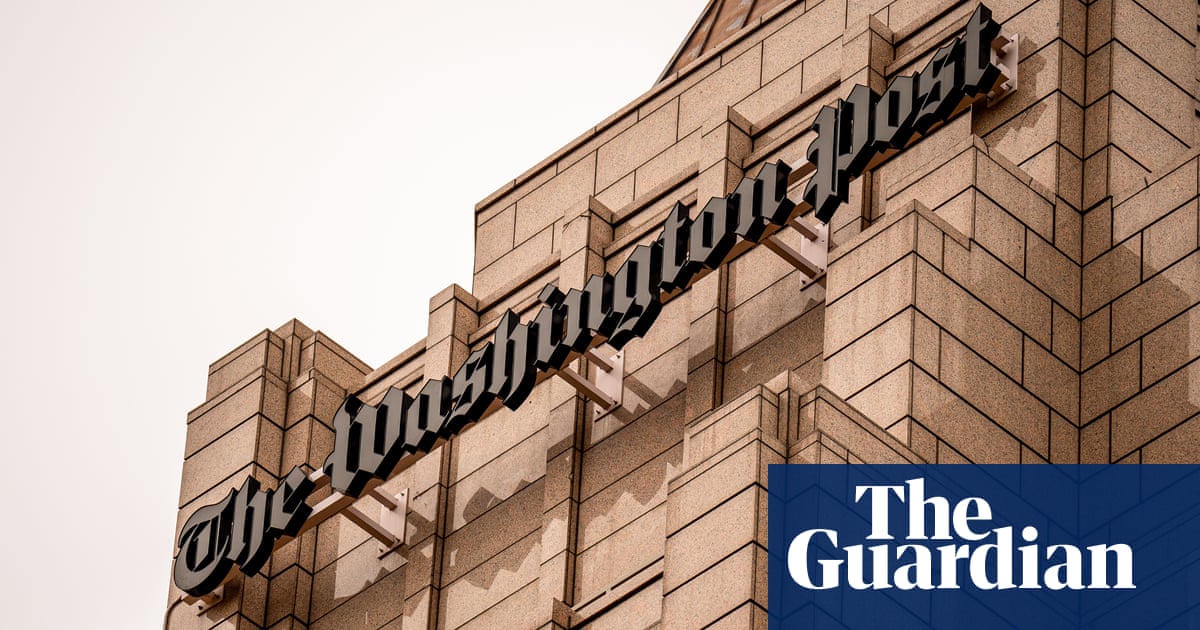The UK government welcomes the fall of Syrian president Bashar al-Assad, the deputy prime minister said after rebel forces took control of Damascus.
Angela Rayner said that Assad, who has waged a bloody war against his own people since a rebellion against him in 13 years ago, “wasn’t exactly good to the Syrian people”.
“The situation looks very serious. If Assad’s regime has fallen I welcome that news,” she told Sky News’s Trevor Phillips on Sunday. “What we need to see is a political resolution in line with the UN resolutions. We need to see civilians and infrastructure protected. Far too many people have lost their lives; we need stability in that region.”
Rayner said the government had been working to evacuate British citizens from Syria over the weekend and would continue to support them.
Overnight on Sunday, a lightning rebel offensive seized control of Damascus, the Syrian capital. Russia, a staunch ally of Assad, issued a statement confirming that he had left office and the country.
The leading insurgent group in Syria is Hayat Tahrir al-Sham, which was proscribed as a terrorist organisation in the UK on the basis that it was an alternate name for al-Qaida. It is also designated as a terrorist organisation by the UN.
The developments prompted fresh scrutiny of Labour’s decision under Ed Miliband to oppose British military intervention against Assad’s regime in 2013. A stunned David Cameron ruled out British involvement in Syria after losing a Commons vote by 13 votes.
David Taylor, the Labour MP for Hemel Hempstead and a former charity worker, said on X that “from 2013 this has been a truly shameful chapter in our party’s history and should never be allowed to happen again”.
Asked about Miliband’s decision in 2013, Rayner told Times Radio: “Parliament decided and that’s the right way. We have a democratic process in the UK … I think what we’ve got to do is focus on how we take stability forward in the region.”
In 2015, Jeremy Corbyn opposed Cameron’s proposed airstrikes against Isis in Syria but gave Labour MPs a free vote to prevent a mass revolt. The Commons overwhelmingly backed the action after 66 Labour MPs sided with Cameron’s government.
Ben Bradshaw, a former Labour foreign minister who stepped down as an MP this year, said on X that Labour “opposing Cameron’s motion in August 2015 was a shameful moment in our party’s history and one [we] must never repeat”.
Keir Starmer and Rayner both voted against the strikes, despite Labour MPs having a free vote. A total of 11 members of the shadow cabinet voted in favour, including the then shadow foreign secretary Hilary Benn.
The now home secretary, Yvette Cooper, the transport secretary, Heidi Alexander, the science secretary, Peter Kyle, the education secretary, Bridget Phillipson, the chancellor of the Duchy of Lancaster, Pat McFadden, and the Commons leader, Lucy Powell, all backed Cameron’s airstrikes in 2015.
John Sawers, a former head of MI6, said the government should review its proscription of Hayat Tahrir al-Sham because it had cut ties with al-Qaida over the past decade.
Sawers argued it would be “rather ridiculous” not to be able to engage with the rebels who had taken control of Syria because of the group’s proscription.
“When I was chief of MI6 10 or 12 years ago, we looked at all of these Syrian opposition groups and classified them into those that we could support and those who were beyond the pale and too close to al-Qaida, and Tahrir al-Sham was definitely in the latter category,” Sawers told Sky News.
“I think Abu Mohammed al-Jolani, the leader, has made great efforts over the last 10 years to distance himself from those terrorist groups and certainly the actions we’ve seen of Tahrir al-Sham over the last two weeks has been those of a liberation movement, not of a terrorist organisation.
“So, I think the home secretary will be asking MI5 and the joint terrorism assessment centre for a review of the situation about Tahrir al-Sham and whether it should remain on the proscribed entity list.
“It would be rather ridiculous, actually, if we’re unable to engage with the new leadership in Syria because of a proscription dating back 12 years.”
Priti Patel, the shadow foreign secretary, said the Conservatives wanted to see the “right kind of outcome, put the Syrian people first, but also look at the sort of governance structures that could occupy Syria going forward”.

.png) 1 month ago
14
1 month ago
14













































